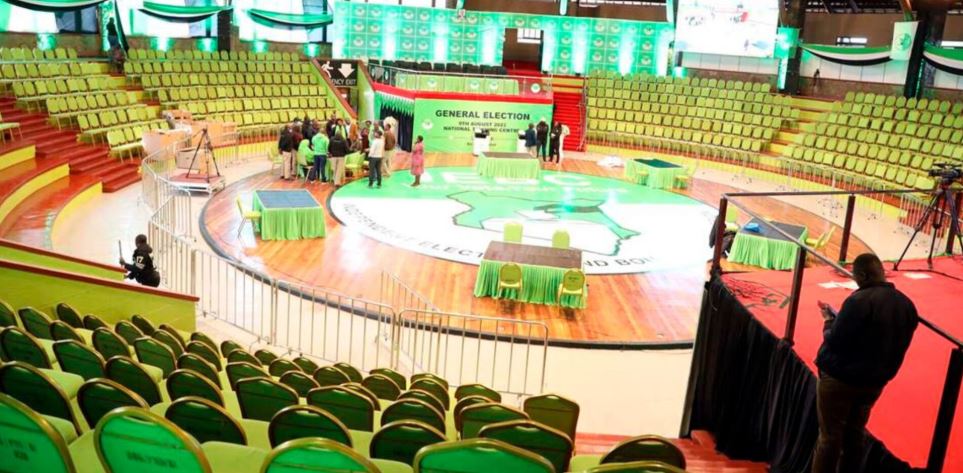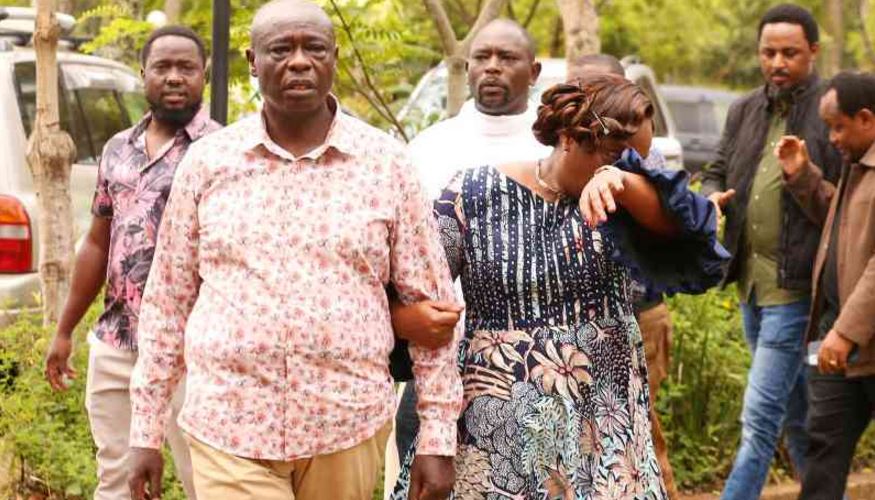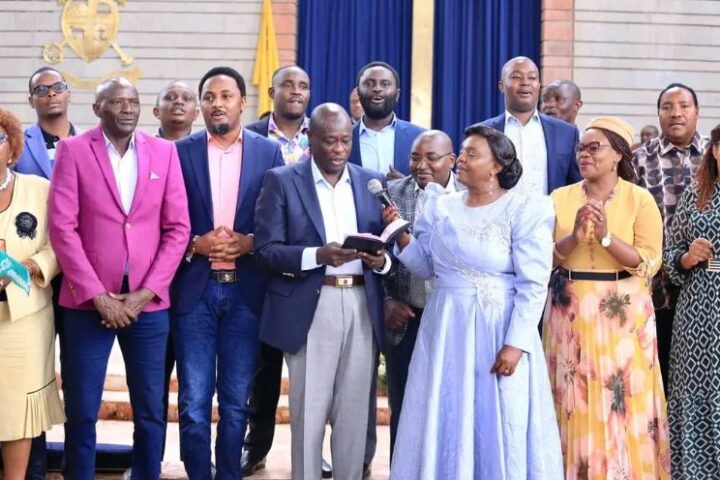 A significant majority of Kenyans have shown an overwhelming vote of no confidence in the Independent Electoral and Boundaries Commission’s (IEBC) ability to oversee free and fair elections in 2027.
A significant majority of Kenyans have shown an overwhelming vote of no confidence in the Independent Electoral and Boundaries Commission’s (IEBC) ability to oversee free and fair elections in 2027.
As the reconstitution of the electoral body remains in limbo, an Infotrak poll showed that only 26% of Kenyans expressed confidence in the electoral body’s ability to deliver credible polls.
The survey, conducted between November 16 and 30 and released on Monday, revealed that 54% of respondents doubt the IEBC’s capacity to ensure fairness in the 2027 elections. Infotrak CEO Angela Ambitho attributed this skepticism to issues such as a lack of transparency, cited by 60% of respondents, corruption (47%), past irregularities (47%), and doubts about the commission’s independence (19%).
The report highlighted that external interference in institutions like the judiciary and police has further eroded public trust. “Such perceptions weaken the credibility of these institutions and undermine confidence in good governance,” the report stated.
Despite the widespread distrust, a small section of respondents still supports the IEBC. Among those who trust the commission, 48% credited its independence, 42% pointed to improved transparency, and 38% commended its performance in previous elections.
The survey, supported by the Electoral Law and Governance Institute in Africa, also flagged voter apathy as a growing concern. Currently standing at 50%, voter apathy could significantly hinder democratic governance if not addressed.
During the 2022 general elections, 27% of respondents cited disinterest as their reason for not voting. Another 25% said they were either busy or indisposed on election day, while 25% pointed to a lack of trust in the electoral process.
Public opinion on whether elections reflect the popular vote remains divided. While 33% of respondents believe government-preferred candidates always win, 25% expressed confidence that popular candidates can still prevail despite government influence.
The report recommended several measures to rebuild public trust in Kenya’s electoral processes. Key suggestions included ensuring the independence and impartiality of the IEBC, a priority for 40% of respondents, and guaranteeing free, fair, and transparent elections, supported by 39%.
Additionally, 29% emphasized the need for civic education, while 29% called for stricter measures to prevent vote rigging.
The survey interviewed 2,400 respondents across all 47 counties, offering a comprehensive view of the public’s concerns and priorities.








